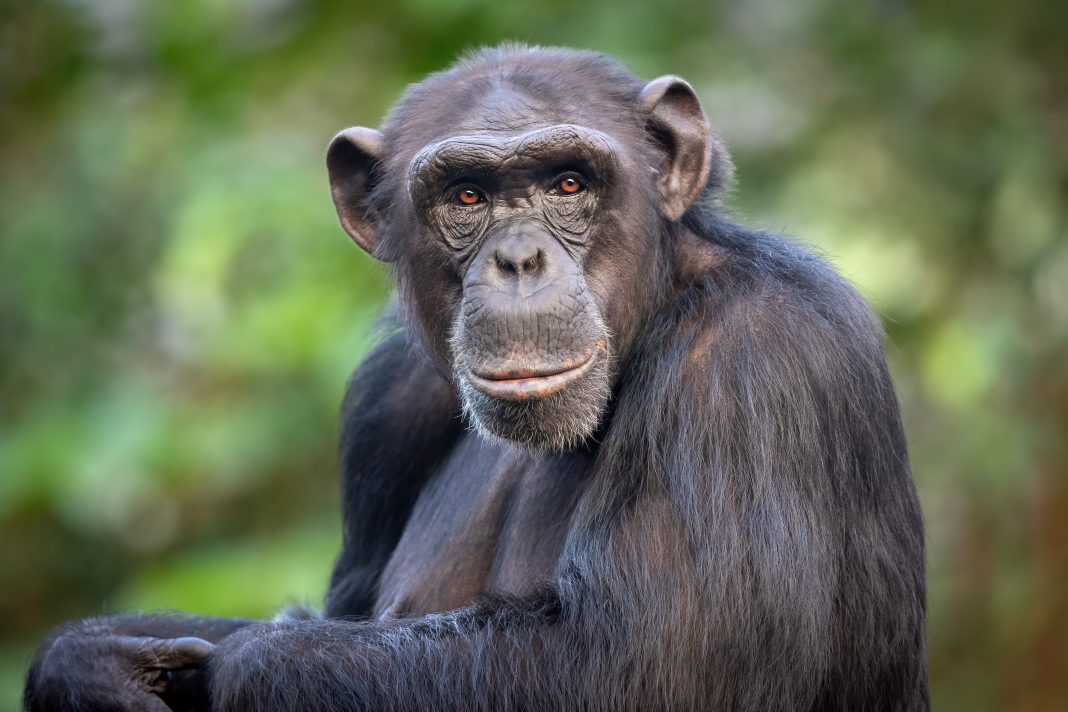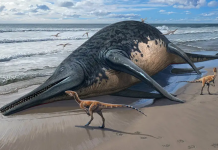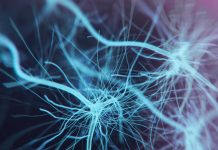Could online videos depicting great apes deliberately dizzy from spinning themselves explain the role of mind altering experiences for the human mind?
Online videos show great apes spinning themselves to deliberately make themselves dizzy – what does this mean for our understanding of mind altering experiences?
Great apes deliberately make themselves dizzy
Researchers suggest that this behaviour could be used to understand when humans evolved the desire to seek altered mental states and have mind altering experiences. This means actively manipulating their mood and perception of reality.
Academics at the University of Warwick and the University of Birmingham are convinced that great apes deliberately spin themselves to make themselves dizzy, which could reveal clues about the role of altered mental states for origins of the human mind.
‘Every culture has found a way of evading reality through dedicated and special rituals, practices, or ceremonies’
Dr Adriano Lameira, Associate Professor of Psychology at The University of Warwick who co-led the study explains: “Every culture has found a way of evading reality through dedicated and special rituals, practices, or ceremonies. This human trait of seeking altered states is so universal, historically, and culturally, that it raises the intriguing possibility that this is something that has been potentially inherited from our evolutionary ancestors.
“If this was indeed the case, it would carry huge consequences on how we think about modern human cognition capacities and emotional needs.”
Gorrillas, chimpanzees, bonobos, and orangutans all engage in spinning
A viral video of a male gorilla spinning in a pool first caught the attention of the research team, but it was only when they scoured YouTube that they discovered more of the same type of video. The researchers found more videos of gorillas, chimpanzees, bonobos, and orangutans engaging in deliberate spinning behaviours.
After analysing over 40 online videos, the researchers found that, on average, the primates revolved 5.5 times per spinning episode. Their average speed was 1.5 revolutions per second, and the primates did this on average three times.
In fact, the team found that great apes can spin while holding onto a rope as fast as professional human dancers, circus artists and Dervish Muslims who participate in whirling ceremonies to achieve a spiritual trance.
Can spinning be considered a primordial behaviour?
Dr Lameira elaborates: “Spinning alters our state of consciousness, it messes up with our body-mind responsiveness and coordination, which make us feel sick, lightheaded, and even elated as in the case on children playing in merry-go-rounds, spinner-wheels, and carousels.
“What we wanted to try to understand through this study is whether spinning can be studied as a primordial behaviour that human ancestors would have been able to autonomously engage in and tap into other states of consciousness. If all great apes seek dizziness, then our ancestors are also highly likely to have done so.
“We asked ourselves what role these behaviours play when it comes to the origins of the human mind.
‘The parallel between what the apes were doing and what humans do was beyond coincidental’
“The apes were doing this purposefully, almost as if they were dancing – a known mechanism in humans that universally facilitates mood regulation, social bonding and heightens the senses and is based on rotation movements. The parallel between what the apes were doing and what humans do was beyond coincidental.”
Apes deliberately continue spinning despite feelings of dizziness
In many of the videos, the primates were using ropes or vines to spin. By using rope or vines, the primates could spin the fastest and for the longest amounts of time.
The team self-experimented spinning at these speeds and times but found it difficult to achieve the third bout of spins at these speeds, as great apes did. Clearly the apes were dizzy at that point in the videos, and they were likely to lose their balance and fall down.
“This would indicate that the primates deliberately keep spinning, despite starting to feel the effects of dizziness, until they are unable to keep their balance any longer.” explained Dr Marcus Perlman, Lecturer at the Department of English Language and Linguistics of The University of Birmingham who co-led of the research.
Understanding the human motivation for dizziness
Previous studies have focussed on alcohol or drugs to further understand these mind altering experiences. However, scientists do not know if these substances would have been available to human ancestors. Therefore, the researchers believe this new study could be more relevant in explaining the role of altered states oj the evolution of the human mind.
“The further back in human history you look, the less certain we can be about the role that substance-induced experiences played in our evolution. It’s not clear whether our ancestors had access to mind altering substances, or if they had the tools and knowledge to create the substance.
“For example, people may have had access to grapes, but you cannot assume they have the tools or the knowledge to create wine,” Dr Lameira explained.
Further research is necessary to really get to grips with understanding the desire to engage in these behaviours and other mind altering experiences.
Could mind altering experiences be beneficial for the mental health of apes?
Dr Lameira adds: “There could be a link to mental health here, as the primates we observed engaging in this behaviour were mostly captive individuals, who may be bored and trying to stimulate their senses in some way.
“But it could also be a play behaviour. If you think about a child’s playground, almost all the playground apparatus – swings, slides, seesaws and roundabouts or merry-go-rounds – they are all designed to challenge your balance or disrupt the body-mind responses.
“There are some interesting parallels that should be investigated further, in order to understand why people are motivated to engage in these behaviours. It could very well be that we have been seeking and engaging in mind-altering experiences before we were even modern humans.”
Editor's Recommended Articles
-
Must Read >> The impact and importance of psychedelic medicine
-
Must Read >> Treating mental illness with psychedelics

















